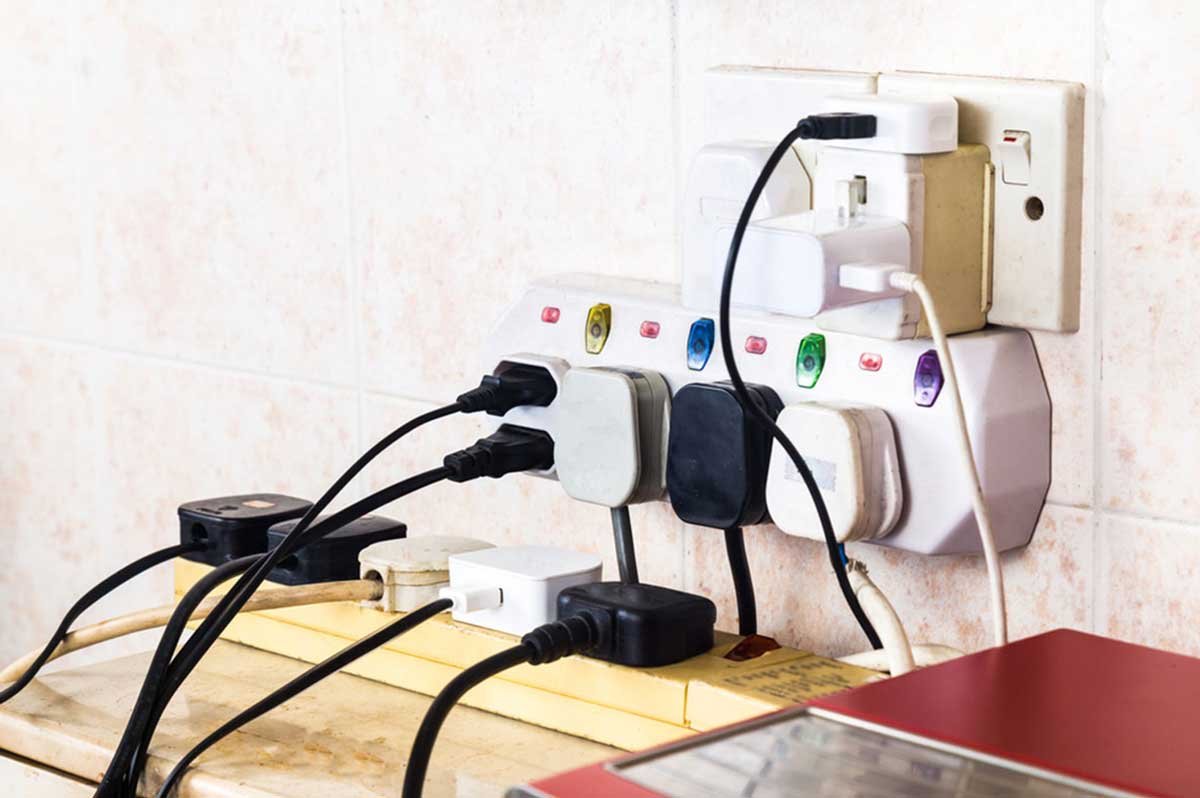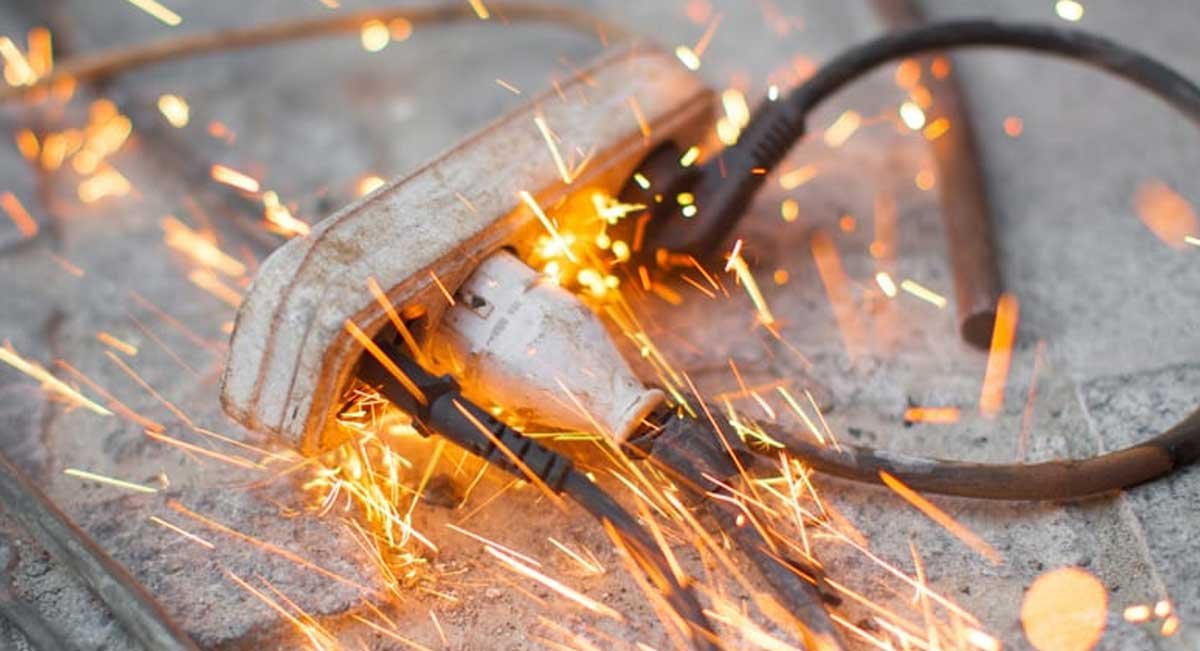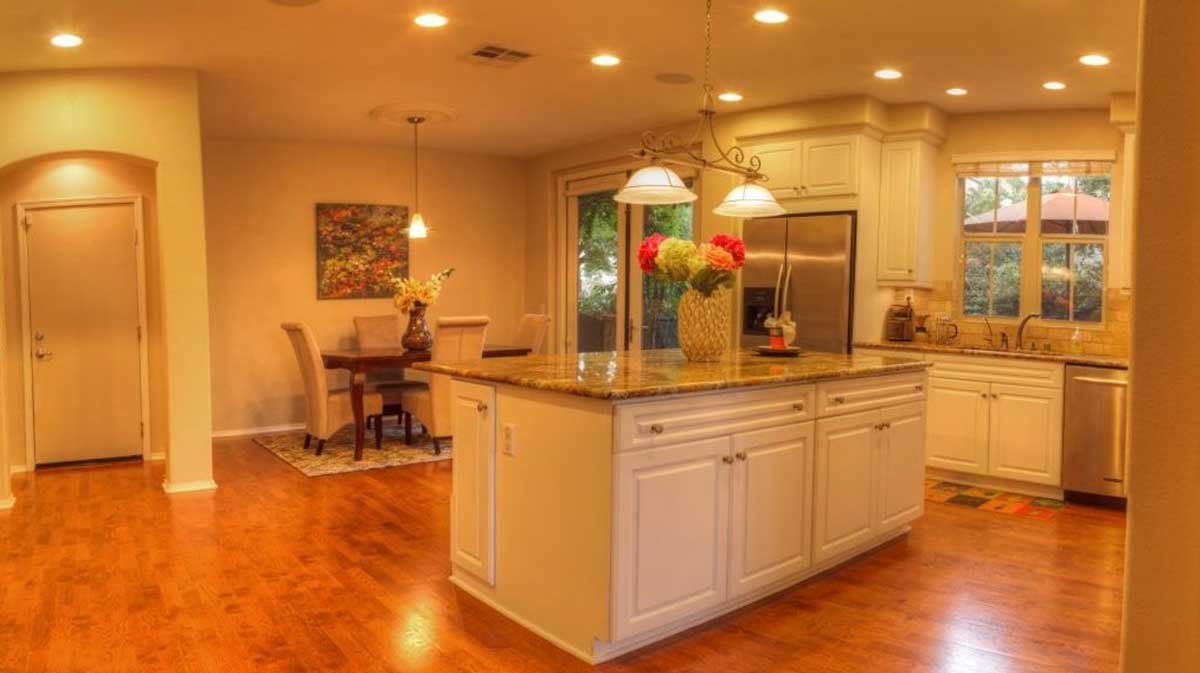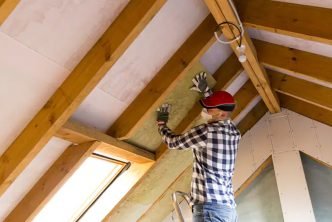Electrical problems are some of the issues that happen in a home or office. But what do you do when there is an electrical problem? Do you fix it by yourself, call a handy friend to help, or contact the competent electricians from Alpharetta Georgia to come and help with the problem?
Since it is about household electrics, your safety is the most important. Some of the signs that can indicate that you need an electrician are high bills, damaged appliances, flickering lights, among many others. Some of the signs that can indicate that you need an electrician are high bills, damaged appliances, flickering lights, among many others, so for this contact an electrician in Fremantle that will help you with your problems. In this article, are some electrical problems that are common around your home that you can seek appropriate solutions for.
Table of Contents
Light switches not working well
When you have light switches that do not adjust light properly, it may be due to substandard products or poor workmanship. Therefore, if you have just moved into a new house and the switches that you find there do not seem to activate anything.
This can be a sign that the switches are superseded and the fixtures were removed. Optionally, it could also mean that the fault is in the wiring, outlet, or circuit. In such cases, contact a professional electrician from Burleigh Heads to avoid any major electrical issues in your house.
Circuit overload
Overloading of power boards is one of the main causes of frequent circuit breaker tripping. This is a common problem not only in most houses but in apartments and even new homes. As they lack enough points that will help cater for or to, for instance, a complete home entertainment unit setup.

For this reason, if you are experiencing frequent tripping of circuit breakers in your home, it may be due to a circuit overload. One way you can prevent this is to spread your electrical necessities around to prevent overburdening a single circuit. Also, when you have devices that you are not using, remove them from the power source. Overall, having quality circuit breakers is one of the best things you can do.
Frequent burnout of light bulbs
Another common electrical issue in the home you can watch out for is when your light bulbs burn out too often. Do not just assume that it is the bulbs that have an issue.
Some of the reasons could be the wiring on the circuit and the mains is poor, wattage is too high, and if there is frequent flickering, there is a poor connection on the circuit. Contact an electrical service provider to help you isolate the issue and figure out the root cause of the light bulb’s burnout.
Electrical shocks
Electrical shocks are very nasty experiences, but still, they happen in the home. These electric shocks may be mild, such as a static shock, because of such incidences they help us remember that electricity is dangerous.

These shocks happen when you turn a device off or on. The issue here can be the wiring or the appliance. To test if there is an electrical shock there, try plugging a different device and see if the results are similar.
Electrical surges
Electrical surges in the home can be due to damage to power lines, lightning strikes, poor electrical wiring in the house, and also faulty appliances. However, actual electrical surges only last for a microsecond, when the surges are frequent they can damage electrical stuff that is connected in the house and this degrades their life expectancy.
The wiring in the home or a device connected to the home grid could be the reason you are experiencing electrical surges as well. Thus, remove any cheap power boards or devices from the outlet to see if it will prevent the surges or call an electrician.
Recessed lighting goes out and comes back on

When the recessed lights get too hot, there are safety devices equipped to cut power to the light. In such an instance, it is either the insulation in the ceiling is too close to the bulb or you are using very high wattage on the bulb. Also, as you work on the recessed lights, ask your electrician to check for excessive heat on the overhead lights, by checking if they are properly insulated, the circuits’ total wattage, or if they are producing excessive heat as these lights can be a fire risk.





